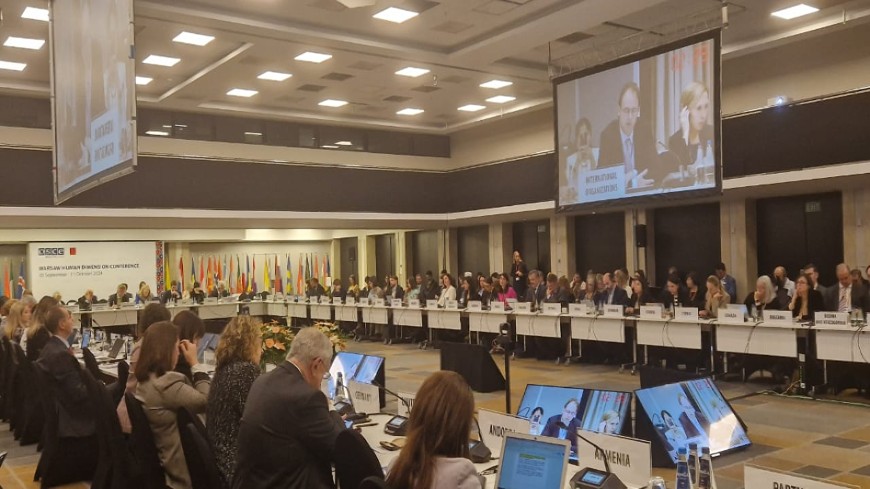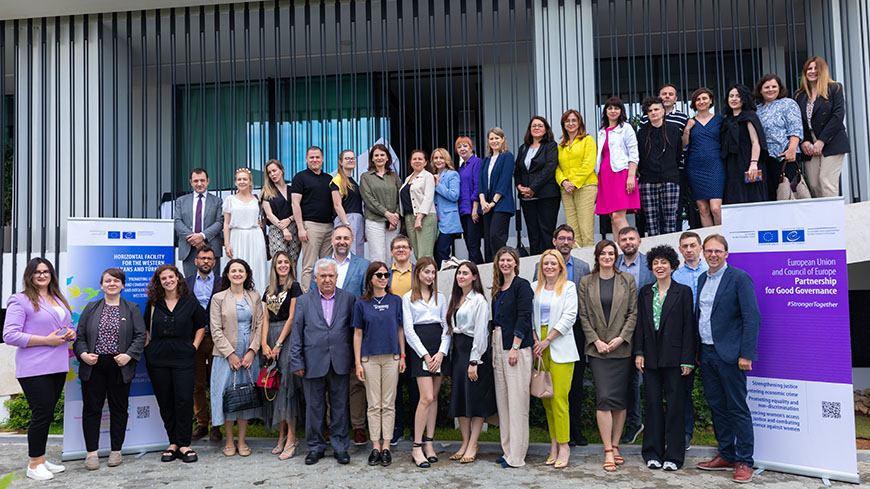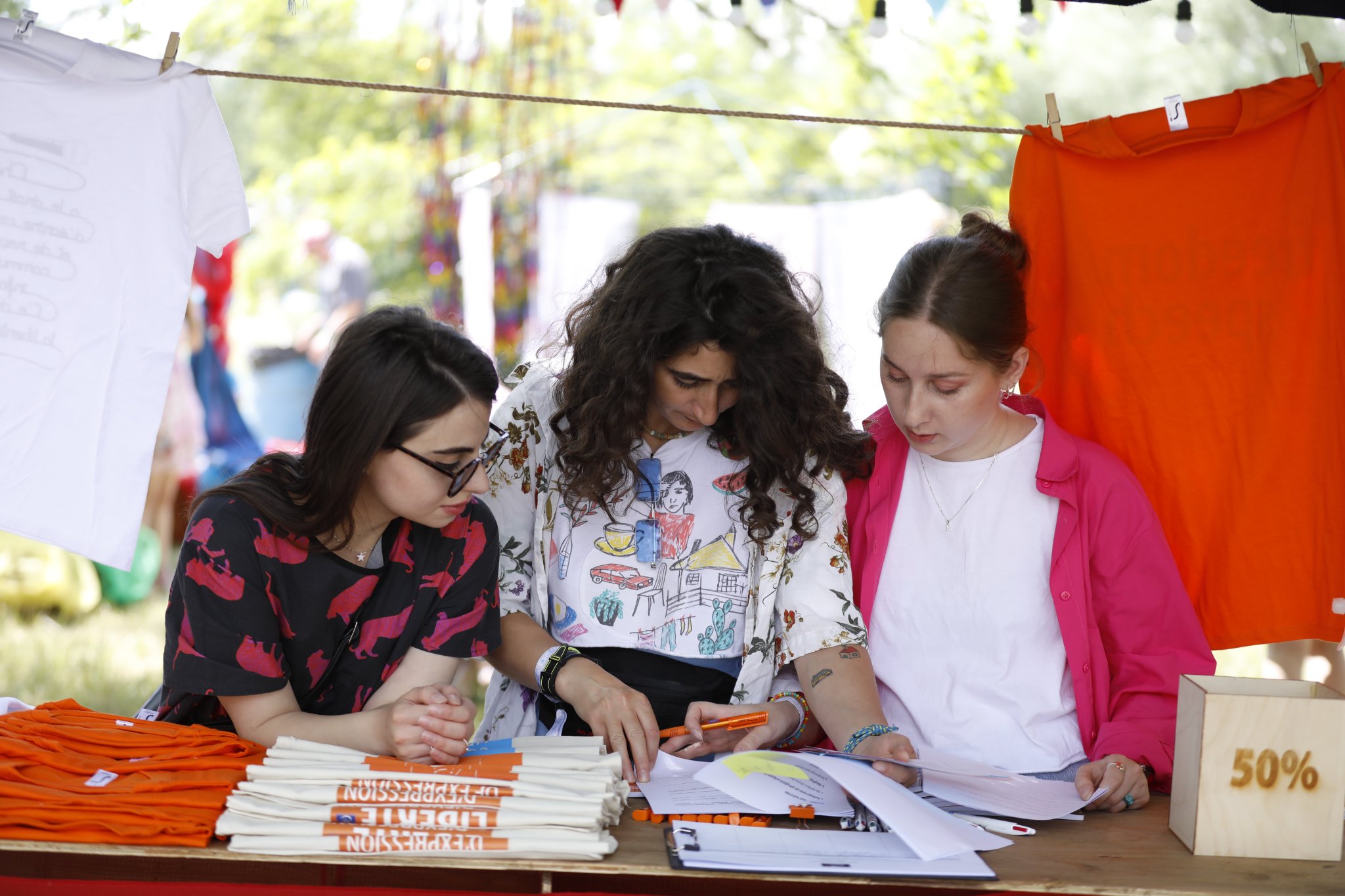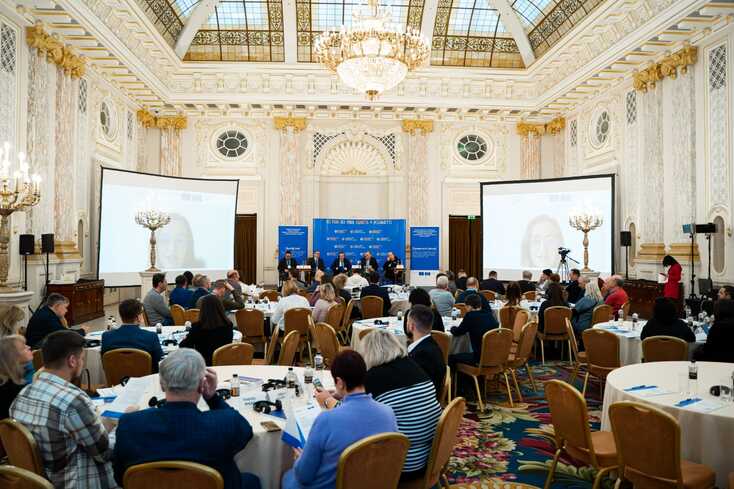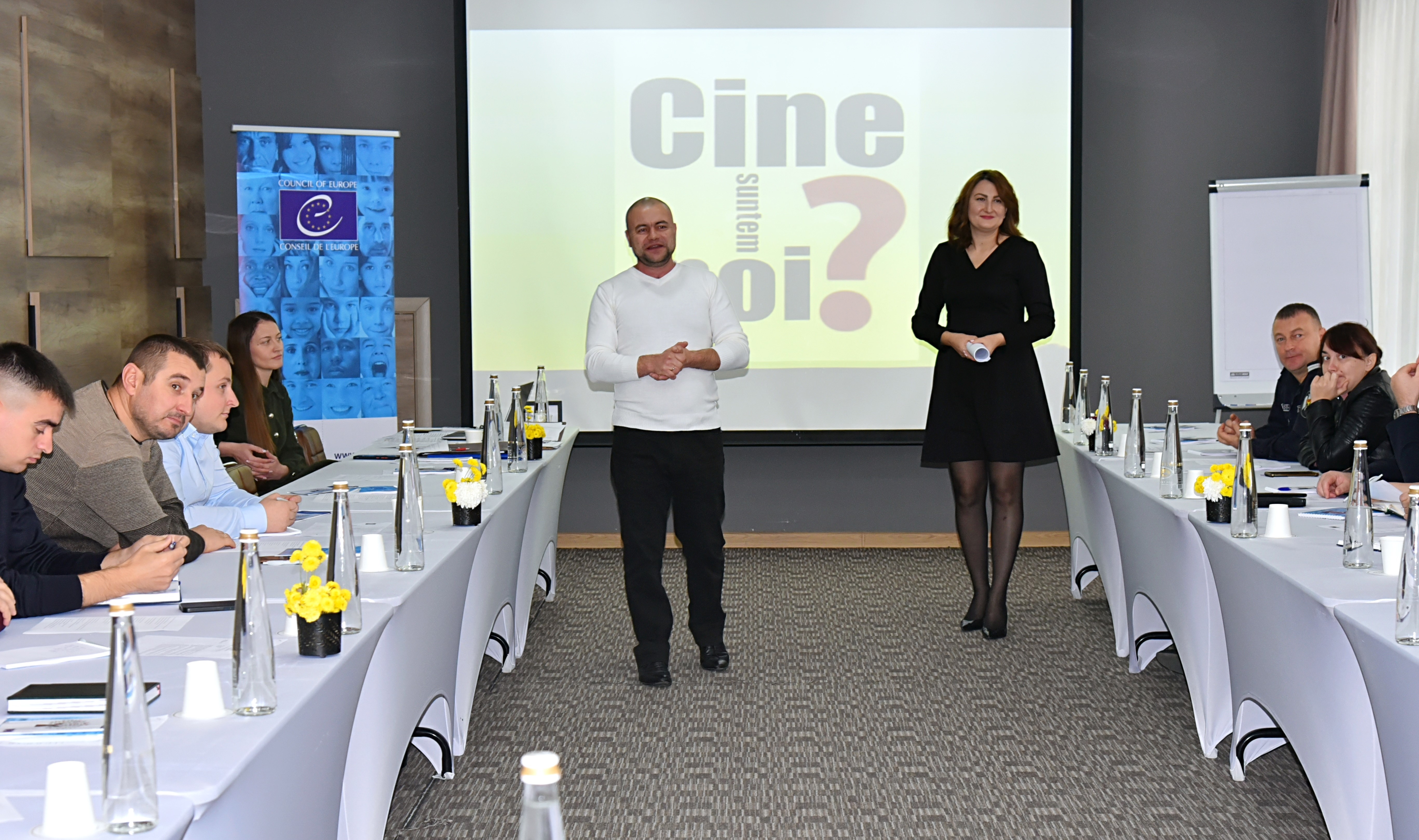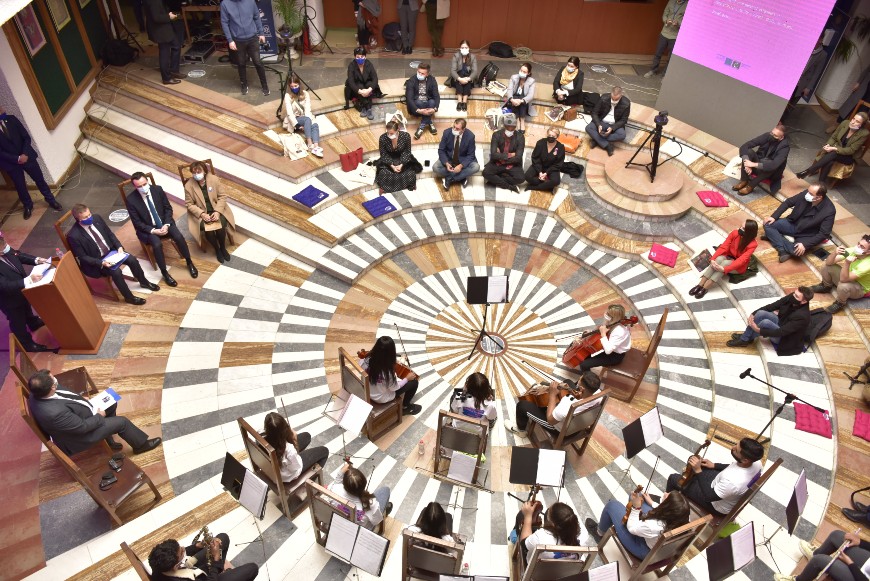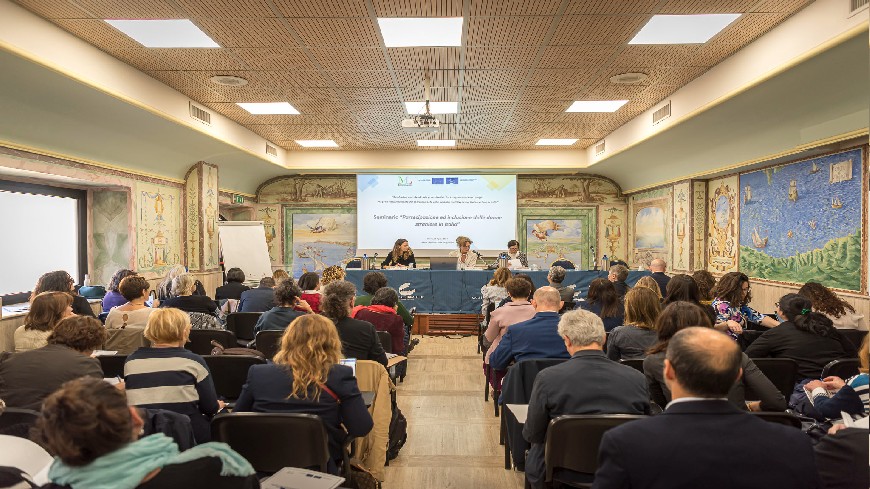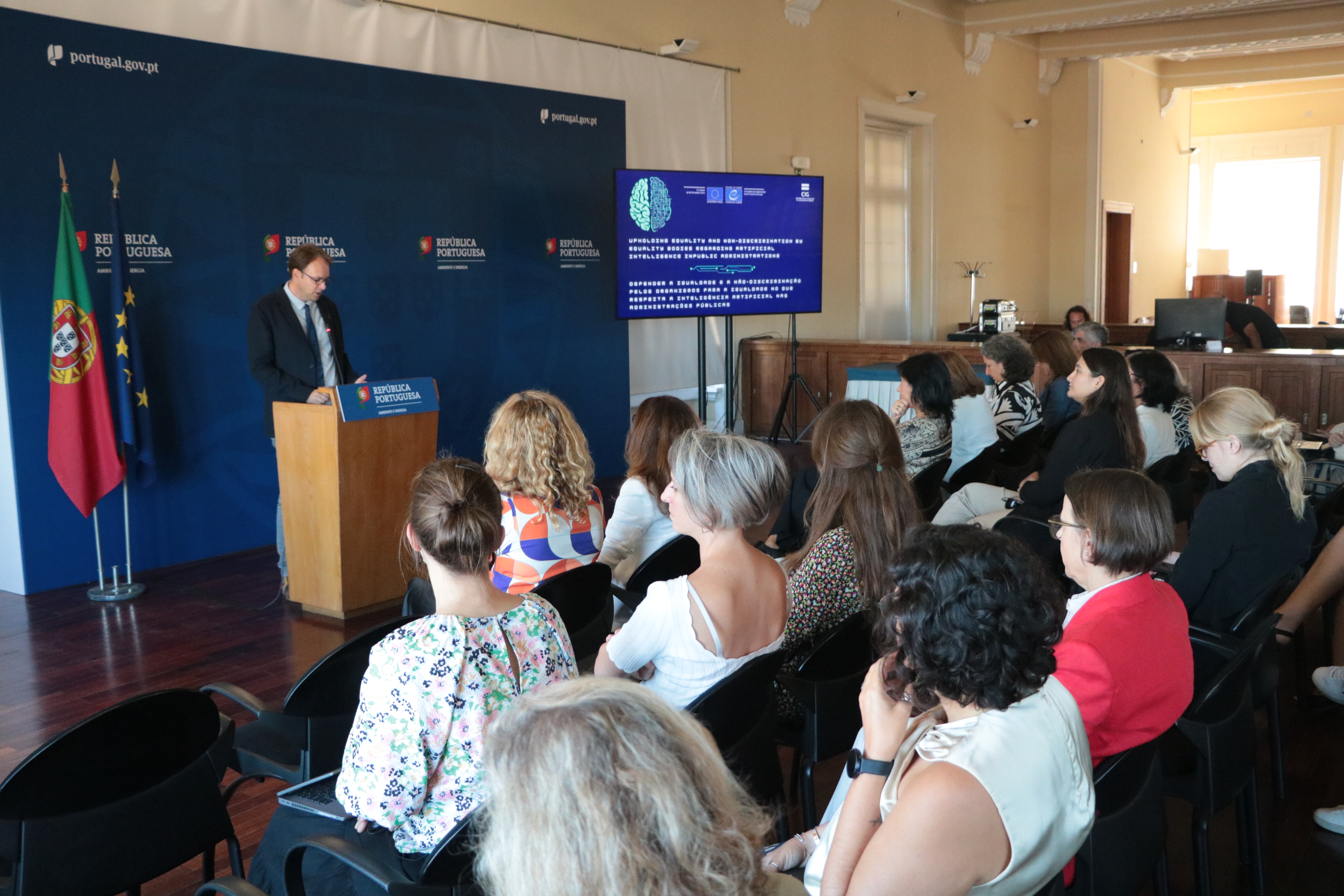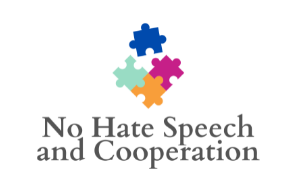The new Recommendation CM/Rec(2024)4 on Combating Hate Crime was presented today at the Plenary of the Warsaw Human Rights Conference 2024.
During the CoE side event organised at the Conference, the Chair of the Steering Committee on Anti-Discrimination, Diversity and Inclusion (CDADI) elaborated on the relevance of this new Recommendation for member states, civil society and other actors stating:
“There was a particularly pressing need to develop this soft-law standard. Hate crime violates core human rights and threatens the safety of targeted individuals and groups, and destroys social stability and peace, thereby threatening the very basis of democratic societies.
The Recommendation, among others, provides a comprehensive definition of hate crime to facilitate its prosecution and improve the rate of conviction; gives guidance on different legislative models and a robust protection of victims against all kinds of hate crime, and on enhancing the effectiveness of the criminal justice system, on tackling underreporting by victims, and on prevention.”
The Deputy Head of the Fundamental and Human Rights Affairs Department, Federal Ministry of the Interior of Austria, underlined the importance of data gathering and multi-stakeholder cooperation at national level. He presented the Austrian authorities’ successful efforts to revise the data gathering system and train law-enforcement in order to record the grounds of the hate crime, systematically feeding into more complete annual reports and policy planning.
The National Committee on Combating Hate Speech, bringing together civil society organisations and state agencies, was another example of non-legal measures to prevent hate speech and hate crime through awareness raising and education.
The Advocacy and Litigation Officer of the Polish organisation ‘Campaign Against Homophobia (KPH)’ illustrated how coordination with other CSOs at national level can be decisive in feeding into the public debate about the rights of minority communities, and in raising appreciation of inclusive societies and the rights of communities targeted by hate.



